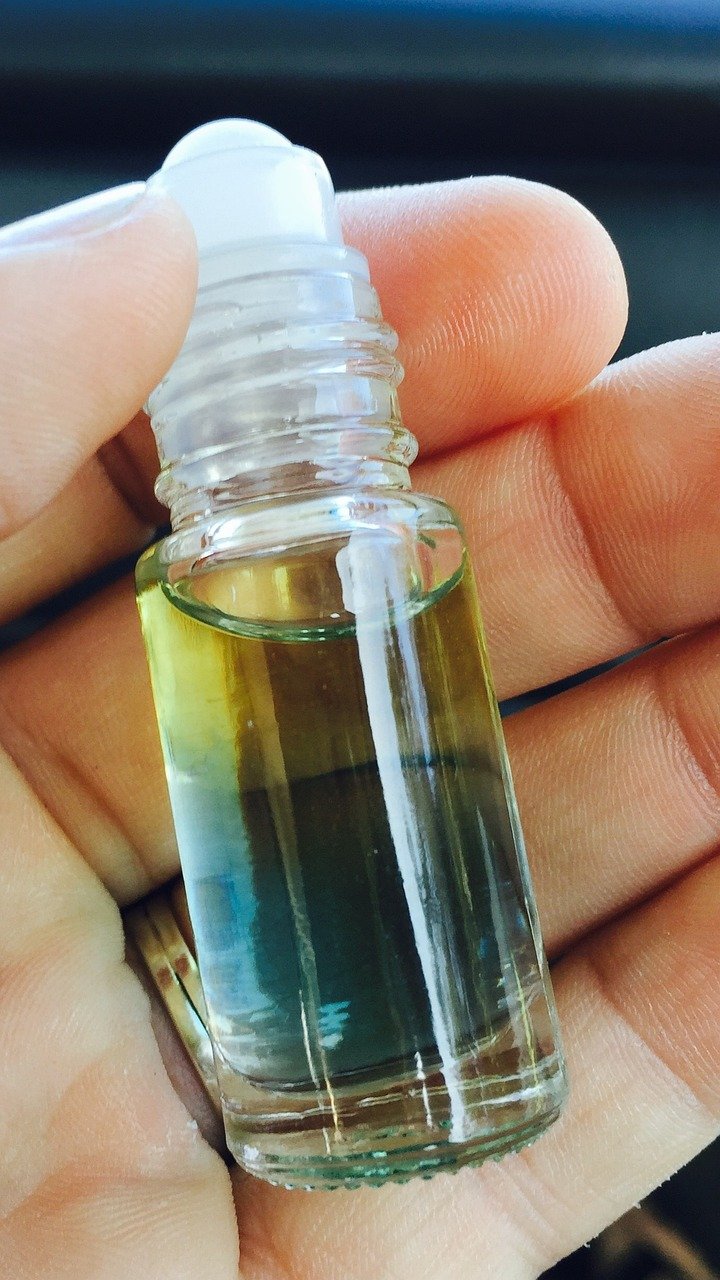How Long Do Domestic Cats Live
Welcome to a fascinating exploration on the longevity of our beloved domestic feline companions. Have you ever wondered just how long our fluffy friends can stick around for? Well, you’re in luck because in this article we will delve into the average lifespan of domestic cats and what factors can influence their longevity. From diet and genetics to lifestyle and veterinary care, we will uncover the secrets to ensuring your feline friend lives a long and healthy life. So sit back, relax, and let’s uncover the mysteries of how long domestic cats can truly live. Hey there! Have you ever wondered how long domestic cats live? Domestic cats are a beloved part of many households, so understanding their life expectancy is important. In this article, we’ll explore the factors that can influence how long your feline friend may live and provide tips on how to help them live a long and healthy life.
Factors Affecting a Cat’s Lifespan
When it comes to the lifespan of domestic cats, there are several factors that can influence how long they live. From genetics to lifestyle choices, understanding these factors can help you provide the best care for your furry friend.
Genetics
Just like with humans, genetics play a significant role in determining a cat’s lifespan. Certain breeds are more prone to health issues that can impact their longevity. For example, purebred cats may be more susceptible to hereditary conditions that can reduce their lifespan. On the other hand, mixed-breed cats tend to have a longer life expectancy due to their diverse genetic makeup.
Diet
The old saying “you are what you eat” holds true for cats as well. A healthy and balanced diet is essential for your cat’s overall well-being and longevity. Cats are obligate carnivores, meaning their diet should consist primarily of meat. Providing your cat with quality cat food that meets their nutritional needs is crucial for their health and lifespan.
Veterinary Care
Regular veterinary check-ups are crucial for maintaining your cat’s health and detecting any potential issues early on. Preventative care, such as vaccinations, parasite control, and dental cleanings, can help extend your cat’s lifespan. Your veterinarian can also provide guidance on how to best care for your cat based on their individual needs.
Exercise
Just like humans, cats need regular exercise to stay healthy. Physical activity helps prevent obesity, improves muscle tone, and promotes mental stimulation. Interactive toys, scratching posts, and play sessions can help keep your cat active and engaged. Encouraging your cat to stay active can help prevent age-related health issues and extend their lifespan.

Common Health Issues in Cats
While genetics play a significant role in a cat’s lifespan, there are several common health issues that can impact how long they live. Being aware of these issues can help you provide the best care for your furry friend and catch any potential problems early on.
Obesity
Obesity is a common issue in domestic cats and can significantly impact their health and lifespan. Overweight cats are at a higher risk of developing diabetes, arthritis, heart disease, and other health problems. Maintaining a healthy weight through a balanced diet and regular exercise is essential for your cat’s overall well-being.
Dental Disease
Dental disease is another common health issue in cats that can impact their lifespan. Poor dental health can lead to pain, infection, and systemic health issues. Regular dental cleanings, proper oral hygiene, and dental-friendly diet choices can help prevent dental disease and extend your cat’s lifespan.
Kidney Disease
Chronic kidney disease is a common health issue in older cats and can significantly impact their quality of life. Early detection and management of kidney disease are crucial for maintaining your cat’s health and longevity. Regular blood work, hydration, and a kidney-friendly diet can help slow the progression of the disease and improve your cat’s quality of life.
Hyperthyroidism
Hyperthyroidism is a common endocrine disorder in cats that can impact their lifespan. This condition occurs when the thyroid gland produces an excess of thyroid hormone, leading to symptoms such as weight loss, increased appetite, and hyperactivity. Proper diagnosis and management of hyperthyroidism through medication, diet, or radioactive iodine treatment can help improve your cat’s quality of life and extend their lifespan.

Tips for Extending Your Cat’s Lifespan
While there are factors that can impact a cat’s lifespan, there are also steps you can take to help extend your furry friend’s life. From providing a healthy diet to regular exercise, here are some tips for helping your cat live a long and healthy life.
Provide a Balanced Diet
Feeding your cat a high-quality, balanced diet is essential for their overall health and longevity. Make sure to choose a cat food that meets their nutritional needs and avoid feeding them table scraps or unhealthy treats. Your veterinarian can provide guidance on the best diet for your cat based on their age, breed, and health status.
Keep Your Cat Active
Regular exercise is important for maintaining your cat’s weight, muscle tone, and mental stimulation. Provide your cat with toys, scratching posts, and play sessions to keep them active and engaged. Encouraging your cat to stay active can help prevent obesity, promote overall health, and extend their lifespan.
Schedule Regular Veterinary Check-ups
Regular veterinary check-ups are essential for monitoring your cat’s health and detecting any potential issues early on. Your veterinarian can provide preventative care, vaccinations, parasite control, and dental cleanings to help keep your cat healthy and extend their lifespan. Make sure to follow your veterinarian’s recommendations for optimal wellness care for your cat.
Practice Good Dental Hygiene
Proper dental care is essential for your cat’s overall health and well-being. Brushing your cat’s teeth regularly, providing dental-friendly treats, and scheduling professional dental cleanings can help prevent dental disease and extend your cat’s lifespan. Your veterinarian can provide guidance on how to best care for your cat’s teeth at home.
Provide Mental Stimulation
Mental stimulation is important for keeping your cat engaged, happy, and healthy. Provide your cat with interactive toys, puzzle feeders, and scratching posts to keep them mentally engaged and prevent boredom. Enriching your cat’s environment with toys and activities can help improve their quality of life and extend their lifespan.
Create a Safe Environment
Creating a safe environment for your cat is essential for their health and well-being. Make sure your home is free of potential hazards such as toxic plants, small objects that could be swallowed, and open windows that could pose a risk of falling. Providing a safe and stimulating environment for your cat can help prevent accidents and injuries and extend their lifespan.

Conclusion
Understanding how long domestic cats live and the factors that can influence their lifespan is essential for providing the best care for your furry friend. Genetics, diet, veterinary care, exercise, and preventive measures all play a significant role in determining how long your cat may live. By following the tips outlined in this article and providing your cat with love, care, and attention, you can help them live a long and healthy life. Thank you for reading, and best of luck in keeping your feline friend happy and thriving!







